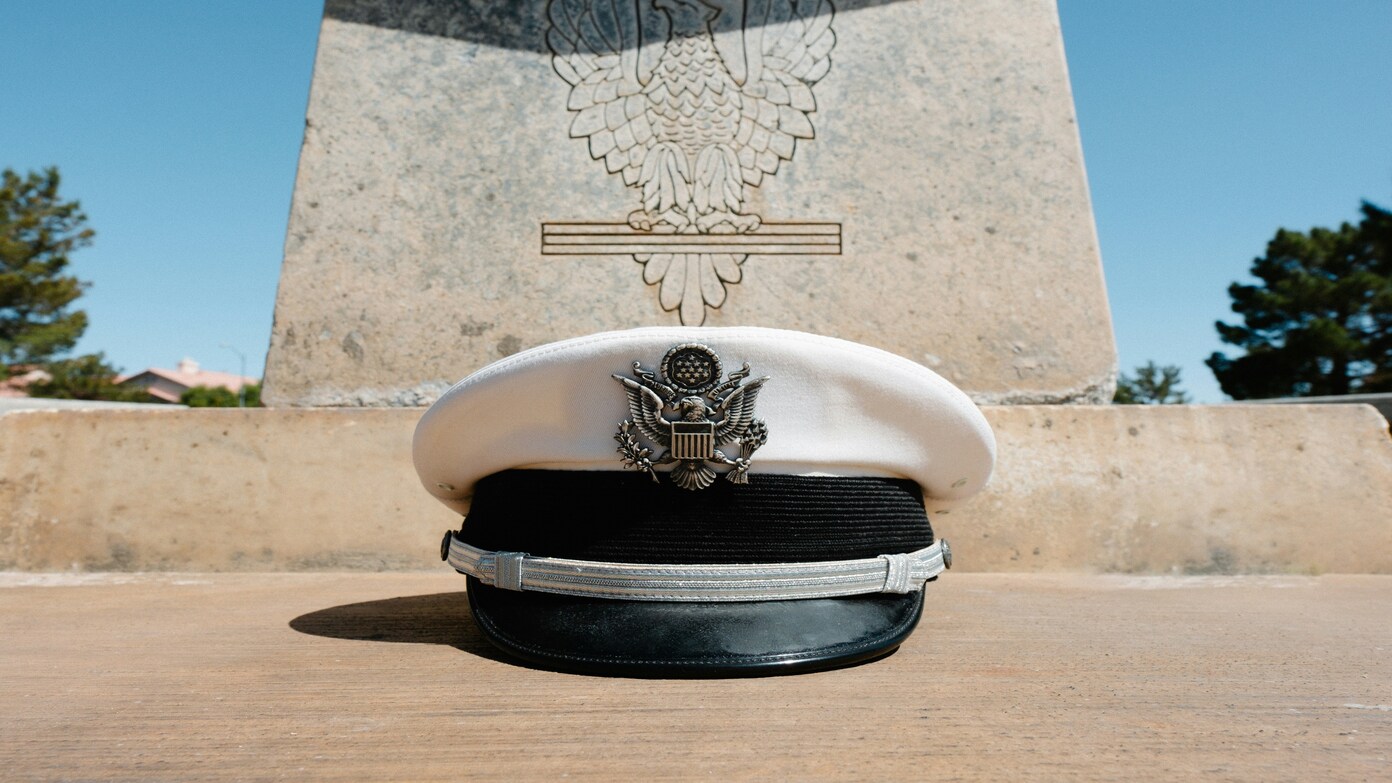Upon stoking backlash among various veteran services organizations, President Donald Trump was forced to backpedal on his proposal to rename Veterans Day. Initially, Trump posted on Truth Social that he was to rename November 11th, traditionally known as Veterans Day, as “Victory Day for World War I” and to declare May 8 as the “Victory Day for World War II.”
There was an instant backlash against it. The Disabled American Veterans came back with their answer in one word: “No.” The DAV, with a membership of over one million, has in the past taken opposing positions to those Trump has taken vis-à-vis veterans’ affairs. Other groups, like the VFW, regretted their silence in the initial stages and have since come out in favor of retaining the current name of the holiday.
White House clarifies: No name change, just a proclamation
To the outrage, the White House clarified that no name change will be implemented. White House Press Secretary Karoline Leavitt assured ABC News, “We are not renaming Veterans Day. It will just be an additional proclamation that goes out on that day.”
Leavitt also pointed out the administration’s continued respect for the holiday on Truth Social, stating, “We will always honor Veterans Day, and we should commemorate the end of WWI and WWII as victory days.”
VFW spokesman Rob Couture said his group was satisfied with the clarification. “It’s in the best interests of everybody to keep it Veterans Day,” he told Military.com. “For us, it means a lot,” regarding the traditional symbolism of November 11, when World War I ended in 1918.
Trump’s history of renaming landmarks and places
Trump has changed names by executive order in his second term. On Inauguration Day, he ordered the Gulf of Mexico renamed the “Gulf of America” and restored the name “Mount McKinley” to Alaska’s highest peak, reversing the 2015 proclamation to call it Denali. All these were surprising, but not as universally derided as was the proposal to rename Veterans Day.
Veterans Day’s meaning: More than a victory
Trump’s call for “celebrating our victories again” seemed to contradict the solemn and inclusive spirit of Veterans Day, which is intended to commemorate everyone who has served, not just those in great wars. Critics said that commemorating “victory” misses the point of the holiday.
Sen. Richard Blumenthal (D-Conn.), ranking member of the Senate Veterans Affairs Committee, stated Veterans Day “is a day to honor every man and woman who has volunteered to serve and fight for our freedoms.” If Trump wants to celebrate U.S. victories in international wars, he can propose a new holiday rather than alter an existing one, he added.
Veterans Day: A legacy of peace and reflection
The tradition of observing peace on November 11 began with Armistice Day in 1919. President Calvin Coolidge, during the 1926 dedication of the Liberty Memorial, said the day was a celebration of not war itself but “the fruits of war and victory, which are enshrined in peace and liberty.”
President Dwight D. Eisenhower reinforced this in 1954 when he transformed Armistice Day into Veterans Day, announcing it as a day of “commemoration of those who sacrificed to preserve our nation and of rededication to the task of achieving an enduring peace.”
Despite Trump’s attempt to rebrand the holiday, Veterans Day will still be a day to reflect on service and sacrifice, not victory.
Read now: VA Benefits: What is the difference between 100 VA disability and unemployability?

